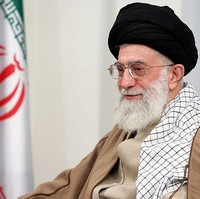When results began to emerge from Iran’s March 2 parliamentary elections, the ayatollahs, their cohorts and the news outlets they control were quick to herald a resounding victory for the principles of “velayat-e faqih,” or “governance by the Islamic jurist,” the doctrine that puts Iran’s religious leadership at the top of the political hierarchy. Western media followed suit, declaring a solid victory for factions supporting Supreme Leader Ayatollah Ali Khamenei by lumping together all Islamic parties that had gained parliamentary seats.
Yet, jumping to such conclusions simply reinforces what Iran’s fundamentalists want their own public and the West to believe, at the expense of a more nuanced understanding of the elections’ outcome. In fact, the results are more complicated and less favorable for the ayatollahs than they claim, as are its likely impacts on Iran’s internal and international affairs.
Many Iranian fundamentalists believe that final say over all affairs of state must rest with an ayatollah acting as supreme leader and Islamic jurist, rather than with presidents, parliamentarians or normal citizens. Iranian President Mahmoud Ahmadinejad has challenged that status quo from within the regime since his controversial re-election in 2009, as have opposition groups such as the Green Movement and the Democracy Party.

